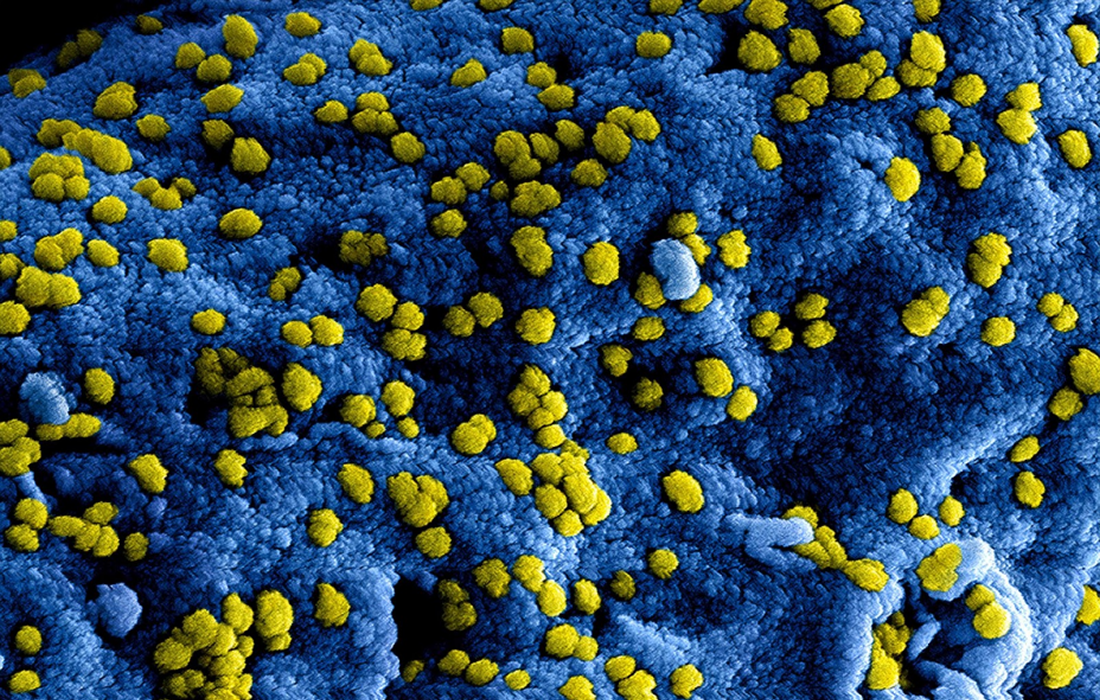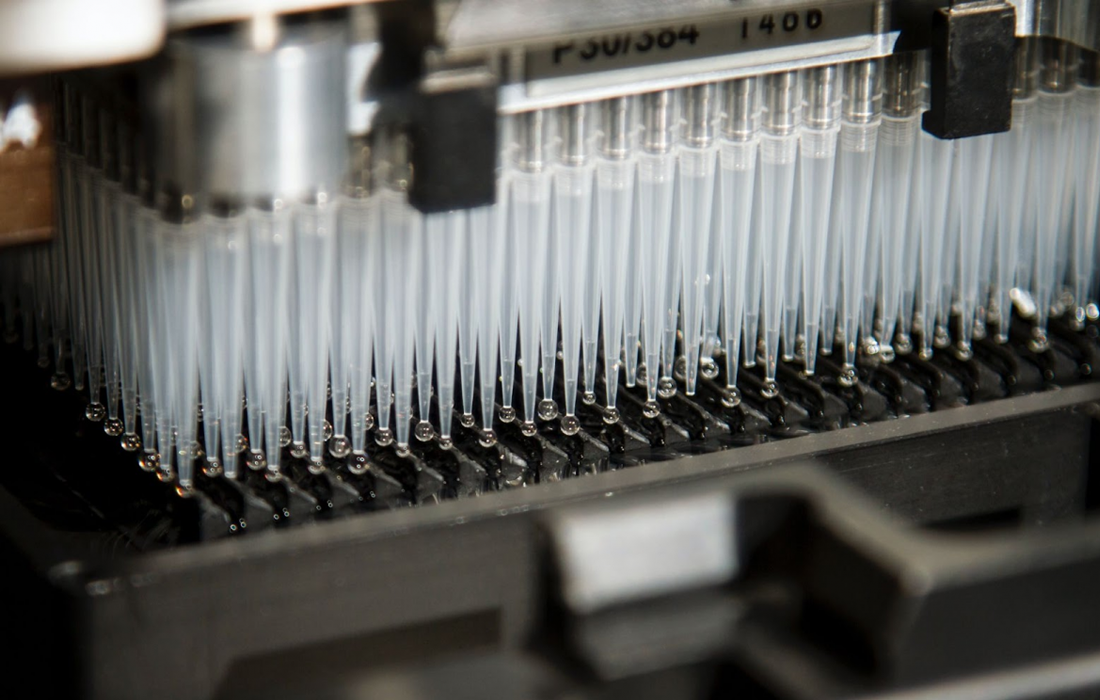Using an artificial intelligence algorithm, researchers at MIT and McMaster University have identified a new antibiotic that can kill a type of bacteria that is responsible for many drug-resistant infections. If developed for use in patients, the drug could help to combat Acinetobacter baumannii, a species of bacteria that is often found in hospitals and […]
Author Archives: Rocio Gallegos, MD
The Korea Advanced Institute of Science and Technology (KAIST) and their collaborators have conducted a groundbreaking study targeting ‘jumping genes’ in the entire genomes of the human large intestine. The study shows that L1 genes can become activated and disrupt genomic functions throughout an individual’s lifetime, particularly in the colorectal epithelium. With approximately 500,000 L1 […]
Cancer cells have developed strategies to evade surveillance by the immune system and to prevent immune response. In recent years, fighting cancer with the help of the immune system has entered into clinical practice and gained increasing importance as a therapeutic approach. Current therapies apply so-called immune checkpoint inhibitors.. Targeting these checkpoints can release this […]
For the first time, researchers described the structure of a special type of amyloid beta plaque protein associated with Alzheimer’s disease (AD) progression. In a report published in the journal Neuron, scientists showed the small aggregates of the amyloid beta protein could float through the brain tissue fluid, reaching many brain regions and disrupting local […]
Excess sugar hampers cells that renew the colon’s lining in a mouse model of inflammatory bowel disease (IBD), according to a new study by University of Pittsburgh scientists. “The prevalence of IBD is rising around the world, and it’s rising the fastest in cultures with industrialized, urban lifestyles, which typically have diets high in sugar,” […]
The many types of cells in the human body are produced through the process of differentiation, in which stem cells are converted to more specialized types. Currently, it is challenging for researchers to control the differentiation of stem cells in the lab. Of particular interest are oocytes, which are female germ cells that develop into […]
A new discovery about the structure of melanin has brought scientists one step closer to developing a new, potentially ultra-protective sunscreen derived from a biological substance found in nearly all organisms. Melanin, the pigment that gives humans their skin, eye, and hair color, is the body’s first and best natural defense against the sun’s harmful […]
An international team of scientists, including researchers from McGill University, have found evidence that microplastics in the digestive tract of seabirds altered the microbiome of the gut. “Our findings reflect the circumstances of animals in the wild. Since humans also uptake microplastics from the environment and through food, this study should act as a warning […]
For a long time nitrate has been viewed warily, with previous research showing it could potentially be linked to causing cancer. However, subsequent research has revealed dietary nitrate also has various cardiovascular health benefits, which could help reduce the risk of related conditions such as heart disease, dementia and diabetes. Edith Cowan University’s (ECU) Nutrition […]
Using data from 15 countries, new research led by Sandra Geiger from the Environmental Psychology Group at the University of Vienna confirms public intuition: Living near, but especially visiting, the seaside is associated with better health regardless of country or personal income. As part of the EU-funded Horizon 2020 project Seas, Oceans, and Public Health […]










